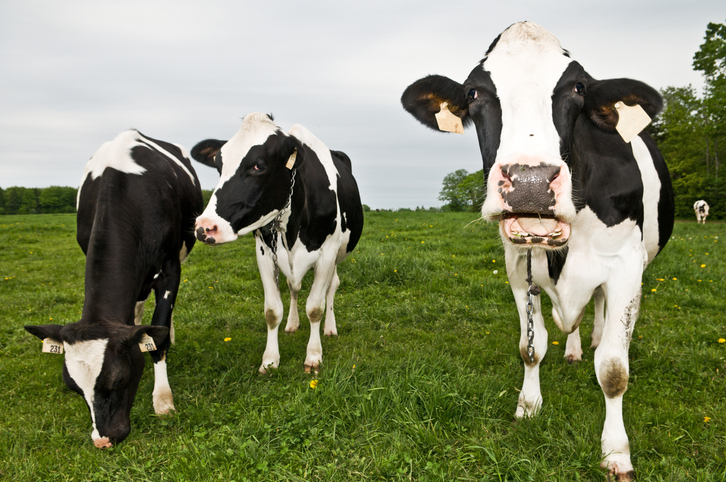It is crucial to provide enough selenium in the diets of dairy cows to keep them healthy and productive.
The paper, published in the Journal of Dairy Science, has found that regardless of whether selenium came from organic or inorganic sources it did not affect the cows’ absorption of the mineral, their selenium levels, or their overall performance. Despite expecting differences, the study showed similar results in terms of the cows’ eating habits and milk production.
Their results also indicated that when the cows were given organic selenium, there was more of this mineral in their milk and less of it was released into the environment through urine.
The study
The researchers used multiparous Holstein cows and divided them into two groups: one received organic selenium (selenized yeast), and the other received inorganic selenium (sodium selenite). Both groups were given a selenium premix mixed into their daily feed. After an 11-week adjustment period, the cows received selenium infusions and underwent various tests to measure selenium levels in their blood, rumen fluid, feces, urine, and milk.
Surprisingly, the study contradicted the initial hypothesis that organic selenium would be more effective. The cows given organic or inorganic selenium performed similarly in terms of dry matter intake and milk production. Selenium levels in the blood and liver were also similar, but milk from cows given organic selenium had higher selenium concentrations.
The study revealed that the source of selenium did not impact the cows’ overall performance or selenium status. Despite this, organic selenium resulted in higher selenium levels in milk, with less being excreted through urine. This suggests that using organic selenium could enhance the selenium content in milk, providing potential benefits for consumers or calves and reducing environmental mineral waste.
Source: Journal of Dairy Science
Title: The effect of supplementary selenium source on apparent and true absorption, retention, performance, and selenium status in lactating Holstein cows
Authors: KM Cruickshank, B Hatew, AM Gehman, KM Koenig, ES Ribeiro, BW McBride, MA Steele
DOI: DOI:https://doi.org/10.3168/jds.2023-24283
